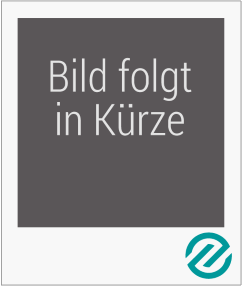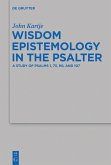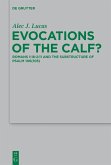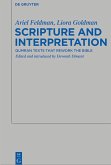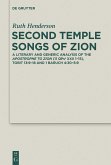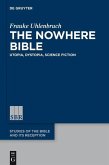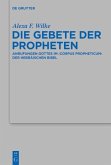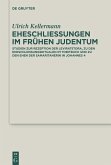We present a comparative epistemological analysis of the wisdom motifs in Psalms 1, 73, 90, and 107. These texts were selected on the basis of their epistemological content (each confronts the relationship between virtue and prosperity), and their canonical placement within the Psalter (each begins one of the Psalter's five "Books"). We explore the implications of their respective epistemological features for our understanding of the canonical structure of the Psalter.
After developing a diagnostic method for the identification and analysis of the epistemological features within a biblical text, we apply it to each of the four psalms, and discuss their epistemological qualities with respect to their canonical placement in the Psalter.
We find that an epistemic progression develops across the canonical ordering of the four psalms. While the psalmists are increasingly forthright in acknowledging the moral paradox that the righteous often suffer, while the wicked can prosper, they engage this paradox with ever more sophisticated responses. Although Yhwh is ultimately the source of all wisdom, human beings can facilitate their acquisition of knowledge by seeking him out intentionally, by questioning him directly, and by observing him with a heart focused on learning.
Dieser Download kann aus rechtlichen Gründen nur mit Rechnungsadresse in A, B, BG, CY, CZ, D, DK, EW, E, FIN, F, GR, HR, H, IRL, I, LT, L, LR, M, NL, PL, P, R, S, SLO, SK ausgeliefert werden.

